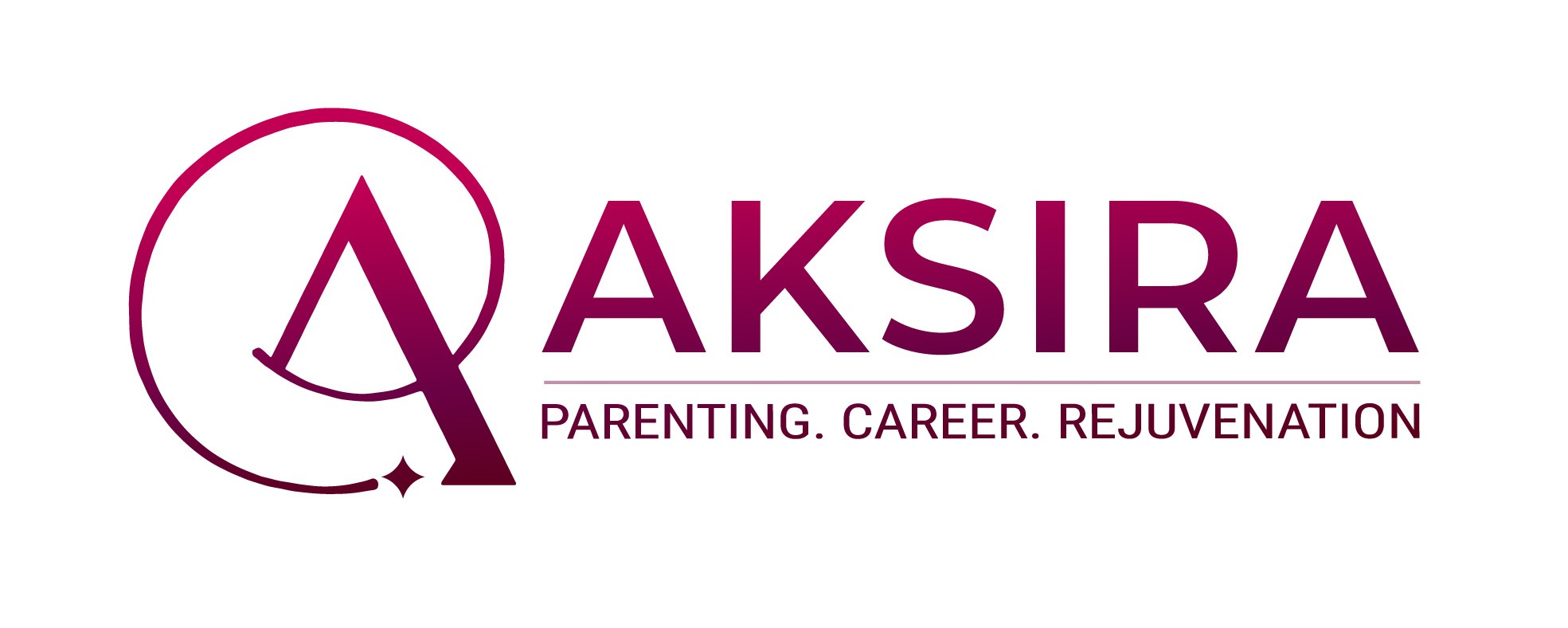Studying abroad is a dream for many students. It’s a chance to explore new cultures, get a world-class education, and open doors to global opportunities. However, this exciting journey can quickly become stressful if not planned properly. Many students make big mistakes while planning to study abroad, which can lead to delays, financial loss, or even visa rejections.
Here are some of the most common mistakes students make and tips on how to avoid them:
1. Not Researching Enough About the Country or University
One of the biggest mistakes is choosing a country or university without doing proper research. Some students pick a destination just because their friends are going there or it’s popular on social media. But every country has different cultures, climates, job rules, and visa policies. Also, not every university or course will suit your career goals.
Tip: Spend time understanding the country’s education system, job opportunities after study, safety, cost of living, and lifestyle. Check university rankings, course details, faculty, and placement support.
2. Ignoring Budget Planning
Many students underestimate the total cost of studying abroad. Tuition fees, accommodation, food, travel, insurance, visa fees, and emergency expenses can add up quickly. Some students only plan for the first year and struggle later.
Tip: Create a detailed budget for the entire course duration. Include hidden expenses like study materials, visa renewals, or unexpected health costs. Also, explore scholarships, grants, and part-time job opportunities in advance.
3. Waiting Too Long to Start the Process
Some students delay their application process, thinking they have plenty of time. But studying abroad involves many steps — entrance exams, application forms, interviews, financial documents, and visa processing. Missing deadlines can result in losing a spot at the university or delaying your study plans by a year.
Tip: Start planning at least 12–18 months before your desired intake. Create a timeline with application and visa deadlines and stay ahead of the process.
4. Applying Without Meeting the Requirements
Many students apply to universities without checking if they meet the eligibility criteria. This includes academic marks, English language scores (IELTS, TOEFL), entrance exams (like GRE, GMAT), or work experience. Sending incomplete or wrong documents can lead to rejection.
Tip: Carefully read the admission requirements for each course. Prepare for necessary exams early and keep your documents updated and verified.
5. Writing Weak SOPs and LORs
The Statement of Purpose (SOP) and Letters of Recommendation (LORs) are key parts of your application. A weak or copied SOP shows a lack of seriousness. Similarly, poorly written LORs from people who hardly know you won’t add value.
Tip: Write a unique SOP explaining your goals, academic background, and why you chose that course and university. Ask respected teachers, mentors, or employers for LORs who know your skills well.
6. Not Taking Language Proficiency Tests Seriously
Some students think passing IELTS, TOEFL, or PTE is easy and take the tests lightly. A low score can hurt your admission chances or make you take extra language classes abroad.
Tip: Prepare well in advance for the language tests. Take mock exams and, if needed, join coaching classes to improve your skills.
7. Ignoring Visa Requirements
Each country has different visa processes. Students often make mistakes in their visa applications, submit incomplete documents, or attend interviews without preparation. Visa rejection can ruin your study abroad plans.
Tip: Understand your target country’s student visa rules. Prepare all required documents like financial proof, admission letter, and passport properly. Practice mock interviews if needed.
8. Not Thinking About Life After Studies
Many students focus only on getting admission and ignore what comes next. Will the country allow you to work after graduation? Will your degree help you get a job or PR (Permanent Residency)? These questions are important for your long-term goals.
Tip: Check the post-study work visa policies and job market of the country. Some countries have better career options for international students than others.
9. Avoiding Professional Help
Sometimes, students try to handle the whole process on their own or take advice from unqualified sources. This can lead to mistakes in choosing courses, filling applications, or managing visa paperwork.
Tip: Consider taking help from a qualified study abroad consultant or counselor. They can guide you through each step, help you avoid errors, and improve your chances of success.
10. Not Preparing for Cultural Adjustment
Living in a foreign country is not just about studies. The lifestyle, food, weather, and social customs can be very different. Some students feel homesick or struggle to adjust.
Tip: Read about the local culture, laws, and student life in the new country. Join online groups or forums where current international students share their experiences.
Final Words
Studying abroad can be one of the most rewarding experiences of your life — but only if you plan it right. By avoiding these common mistakes, you can make your journey smooth, successful, and enjoyable.
Take your time, ask questions, and make informed decisions. Remember, your future is in your hands, and a little careful planning can take you a long way.
